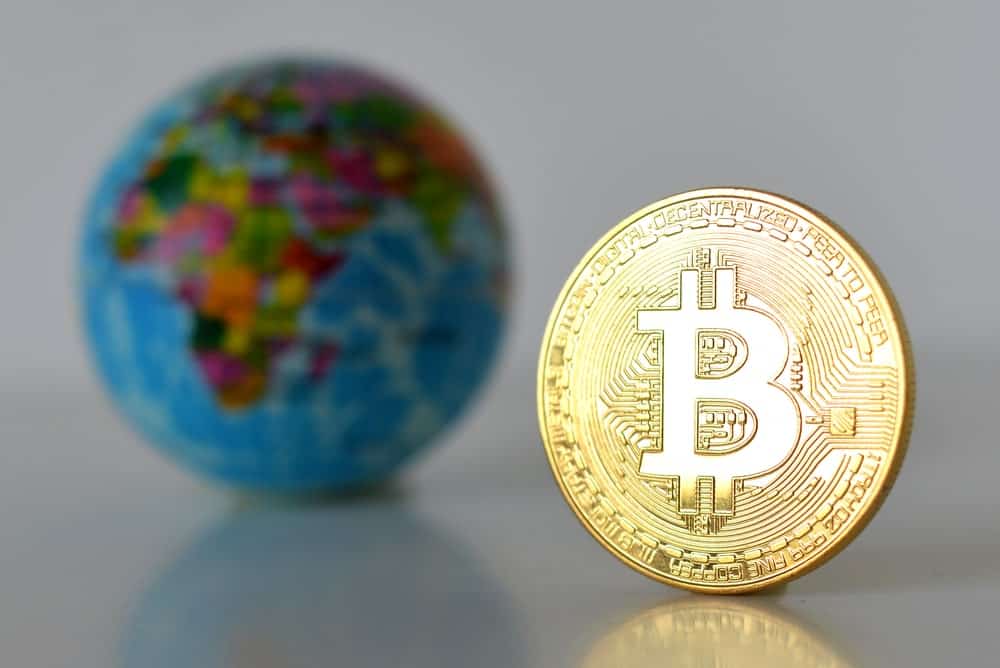
Bitcoin had a quiet start 11 years ago but since then has implemented serious innovations within the financial world and has managed to leave a definitive mark. While some people debate over the incredible investment returns it has delivered over the past decade, the largest cryptocurrency also managed to disrupt the whole financial sector.
Let’s dive into some of the changes that Bitcoin presented during its relatively short existence.
Bitcoin Price
Bitcoin’s price is one of the most discussed topics within the community, but it’s a necessary one to showcase the full potential it has. Briefly put, it went from an almost non-existing price to over $20,000 in less than ten years.
Even though it has severely retraced since its all-time high, Bitcoin was still crowned as the best performing investment asset in the last decade. While Netflix, for example, delivered an impressive return of over $4,100%, the largest cryptocurrency’s ROI was at 8,900,000.
Wake Up Call Fintech
The topic was initially brought by the popular Bitcoin proponent, Charlie Shrem. In a Tweet thread, he started by indicating that the largest crypto has managed to wake up the fintech sector, aside from “being an amazing innovation and magic internet money.”
One of the biggest things #Bitcoin did for the world, aside from being an amazing innovation and magic internet money, was waking up the fintech sector to the need for better payments.
(short thread incoming- grab a coffee)
— Charlie Shrem (@CharlieShrem) January 8, 2020
He continues by pointing out the massive improvements which the fintech sector experienced during the last decade. Shrem points out the notably slow speed of how payments were processed, and at the same time – the high fees such transfers contained. In his words, the “banking sector’s idea of innovation for decades was scheming to create new fees.”
So what did Bitcoin do to impact both of these? For starters, it’s a peer-to-peer electronic payment system, meaning that you don’t need an actual third-party to execute the transfer. This ultimately helped for faster and cheaper transactions. By having a real competition, the fintech sector has made great improvements as well, making the process easier and more affordable.
Nowadays, the need for physical cash is declining daily, which could be regarded as another Bitcoin initiative. This report shows that the volume of non-cash payments is continuously growing over the last decade. During 2016-2017, the growth is at 12%, and the report estimates that from 2017 to 2022, it will increase to over 14%.
Financial Education
Shrem also adds another compelling point to his idea – financial literacy. He indicates that people are much more aware now or trying to be in terms of financial education. He also believes that this could change the whole course of humanity by making people freer if they continue to learn about the potential of the largest cryptocurrency.
The 2017 parabolic price increase is arguably the point in Bitcoin’s history that had the largest number of people talking about it. For a few consecutive months, BTC’s price was recording astonishing double-digit daily increases before it ultimately reached the coveted $20,000. The following severe decline to less than $4,000 in a year may have proven once again its extraordinary volatility, but a lot of people decided to stick with it and actually learn more.
YouTube videos, Udemy courses, and famous online influencers started educating people on Bitcoin’s potential, how to trade, how to profit, etc. Even though a significant amount of scams exist, the cryptocurrency community also consists of many prominent educators that can help people gain real knowledge on the matter and actually make a difference.
In Conclusion
Bitcoin may have other roles in the world, rather than a successful investing tool. Looking at the data above, one can safely assume that it has impacted other aspects of our livelihoods, such as the whole fintech sector and people’s financial education. Both of these might be added to the already long list of accolades.
You might also like:
The post appeared first on CryptoPotato






